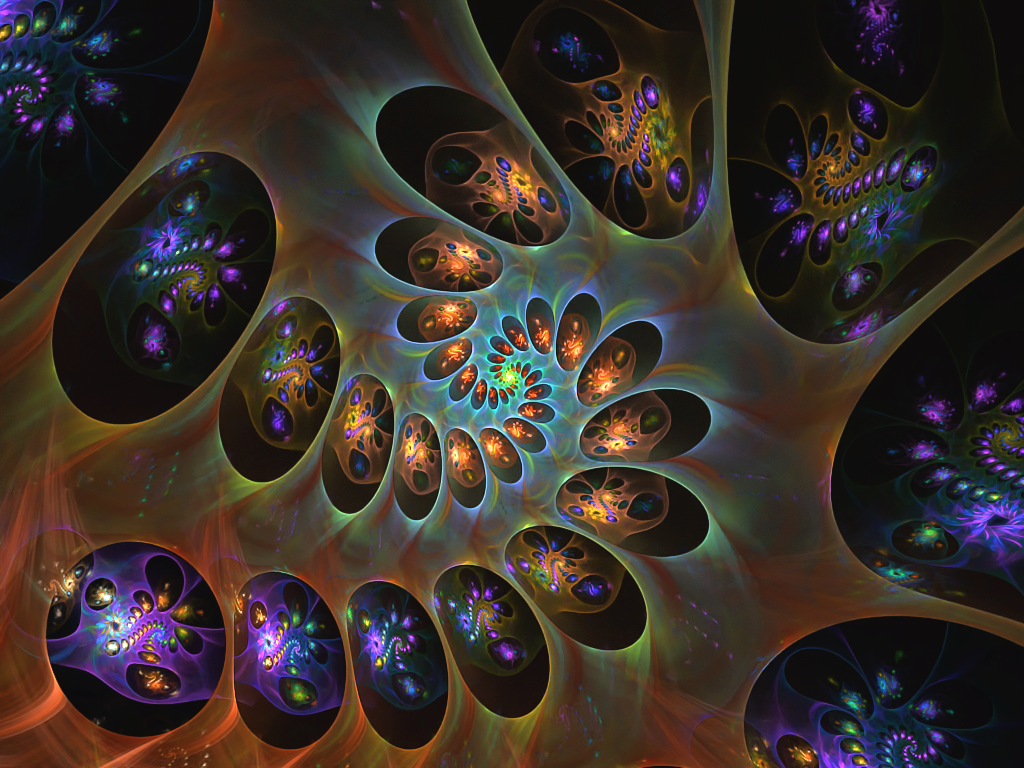Part One of Four
Introduction
In this week’s blog, we will explore seven gifts from interpreting our dreams, for they, too, are immersed in the dream of Love Consciousness and have perspectives for us we might otherwise miss or take forever to understand.
A Brief History of Dream Interpretation
We Human Beings have been getting help from our dreams for at least five thousand years since the Sumer in Mesopotamia wrote the first known “dream book” on clay tablets. It’s more likely that dream interpretation is as old as dreams themselves.
The Sumerians set a precedent on the importance of dreams for the Egyptians, Greeks, Hebrews, and Romans, who came later. Dreams as a way of connecting with Divinity or the Real Self we Are were considered an essential spiritual matter.
Shamans, priests, and healers who specialized in these matters would listen to a dream and interpret the dream’s meaning. Precognitive dreams that portrayed a windfall or warning to the community were given attention by all and heeded.
Sigmund Freud later pursued a perspective that reflected a more personal approach to the dream stemming from the subconscious part of the dreamer. While listening to the subjects’ dreams, he detected repetitive patterns and thus, aimed to “read” his patient’s subconscious or hidden desires.
Later, psychologist Carl Jung said,
“The dream is a little hidden door in the innermost and most secret recesses of the soul, opening into that cosmic night which was psyche long before there was any ego-consciousness, and which will remain psyche no matter how far our ego-consciousness extends.
And Edgar Cayce, a great seer in the 1900’s contributed this:
“Dreams are phenomena or experiences for [each of us] to use and apply in [our] everyday walks of life.”— Edgar Cayce reading 4167-1
Dr. Henry Reed, widely known as the father of the dreamwork movement, created the Sundance: The Community Dream Journal, published by Atlantic University. His work popularized dreams. Henry later published an article in Venture Inward, “Normalizing the Paranormal.” Here, he outlined how the actual source of the movement was the effect of people sharing their stories with others about how dreams had helped them in their lives.
Let’s investigate the seven gifts from interpreting our dreams.
1. The interpretation of dreams is highly individualized
Dream interpretation is often contextual, meaning that the same dream can have different meanings for different people based on their life experiences. Due to these factors, dream interpretation is highly individualized and best approached with an open mind. There are also cultural and religious influences on dream interpretation, which can vary from person to person.
I once dreamed about two white owls. When sharing it with two friends, one said it was a dream of purity, and the other said, “Oh no. I heard dreams of owls are bad omens. You better watch out.” To me, all dreams are Love Consciousness in disguise (like us), and if we can look for the dream mirror that reveals more of who we Really are, we’ll find it. Friends are mirrors of Awakening, too, so I listened and integrated the three points of view to get the most out of the dream.
2. Dreams can be a way of successfully working through emotional issues
How we feel upon waking up from a dream is a clue to its meaning. If we woke to feel disturbed, the dream could indicate something is “out of balance. Alternatively, things are likely to work out when we awaken feeling happy or relieved.
Dreams can also be a way of gaining clarity on a situation. By working through our issues in dreams, we can often see things more clearly and make better decisions when awake. In this way, our ethereal dreams serve us as a substantial tool for emotional growth.
3. They can provide information about our lives and relationships
Many people use dreams to help them figure out their relationships. The dream state is a safe place where you can explore different aspects of yourself and your relationships with others. You can also process difficult emotions and figure out complicated situations. In addition, dreams can provide valuable insights into your subconscious mind.
We can better understand ourselves and our relationship with others by paying attention to our dreams. However, it is essential to remember that dreams are not always literal.
They may represent your fears and anxieties or be symbolic of something else entirely. As such, it is wisdom to interpret dreams carefully before making any decisions based on them
4. Dreams may give us clues about potential health problems
In recent years, scientists have begun to unlock the secrets of dreams, and there is now a growing body of evidence that they may provide clues about potential health problems. For example, research has shown that people who dream about being chased or attacked are more likely to be diagnosed with anxiety or post-traumatic stress disorder.
While more research is needed to confirm these findings, they suggest that dreams may one day be used as a tool for the early diagnosis and treatment of our health problems. Imagine that.
When I worked in a health food store, customers would regularly ask for products or foods that made an appearance in their dreams. The community thought that the body must need it if we dreamed it. I once dreamed of parsley and researched its many benefits the following morning. Although, sometimes it doesn’t pay to wait for science to catch up to What Is. It was simply common sense to add more parsley to my diet immediately.
5. They can help us learn more about our spiritual nature
Dreams have been a source of mystery and fascination for centuries. Many cultures believe that dreams are a way for our spiritual nature to communicate with us. In fact, there is a growing body of scientific evidence that suggests dreams can indeed help us learn more about our spiritual nature. Here’s how.
First, dreams can help us remember our true identity. We are divine beings dreaming a human experience, and sometimes we forget this essential truth. Dreams can gently remind us of who we really are and why we’re here.
Dreams can give us guidance about what steps to take next on our spiritual journey. Often, they will reveal hidden talents or gifts we can use to help others.
They can provide comfort during times of grief or loss. When we lose someone we love, dreams can help us feel connected to the spiritual realm and receive messages of hope and healing.
6. Dreams offer creative inspiration and problem-solving opportunities
Dreams have long been associated with both creativity and problem-solving. In fact, many of the world’s most famous artists, musicians, and scientists have credited their Dreams for offering creative inspiration and solutions to difficult problems.
Dreams have a way of circumventing the usual thought processes, offering a fresh perspective that can be invaluable when facing a roadblock. This is likely due to the fact that Dreams tap into the subconscious mind, which is free from the limitations of conscious thought.
Did you know that the . . .
Automatic sewing machine and needle,
Periodic table of elements,
Song, Yesterday,
along with
The double helix of DNA,
The Scientific Method dreamed by Descarte nearly six hundred years ago
Einsteins Theory of Relativity
. . . are but a few examples of the creativity that can come through a dream. What else could we dream into our existence to support our letting go of all that which is out of balance?
7. Dreams may be prophetic in nature
Prophetic dreams can warn the dreamer or others of future events. These dreams help individuals cope with server circumstances, save lives, warn of natural disasters, and even predict the outcomes of wars.
The Hopi and other indigenous communities have a long tradition of sharing prophetic dreams with their tribes people. They believe these visions can help ensure the safety and well-being of the entire community.
Major religious texts include many examples of visionary dreams within their pages. While the exact mechanisms behind these visions remain a mystery, it is clear that Prophetic Dreams can offer an invaluable glimpse into the future individually, for the community and globally.
Conclusion
Dreams are a powerful tool for reflection and personal growth. They offer insights into our physical, emotional, mental and spiritual existence. By giving attention to our dreams and attempting to interpret their symbolism, we can gain valuable wisdom to help us solve problems and navigate life’s challenges. Ready to explore the world of dreams?
Stay tuned for Part Two of this series on how to remember your dreams, interpret your dreams, and lucid dreaming. See you soon.
Have you had a helpful dream to share with readers? Please feel free in the Comments.
Please share this blog if you think it can help someone. Thanks.
Sending love into your dreams this week and always,
Kaye


Carl Jung’s essay in Man and his Symbols is a great reference on this topic
Thank you, Su! Thank you also for the inspiration to write about lucid dreaming. It’s coming in Part Three.
Even what we call reality is actually a dream that will end, at the latest, with the demise of the body. Speaking for myself, I am so deeply in the dream of form, space, and time that I have (seemingly) detached my Self from the Creator, Who is permanently formless, infinite, and eternal. It is apparent to me that dreams are blocking Reality. Yet, like suffering, when we have had enough of it we will be resolute in ending it; no matter what must be done. So yes, dreams can serve to awaken. May we all taste Reality; the pure and boundless Love that is God; which includes all that is perfect and good. Kaye, thank you for your wonderful contributions that go forth to awaken humanity!